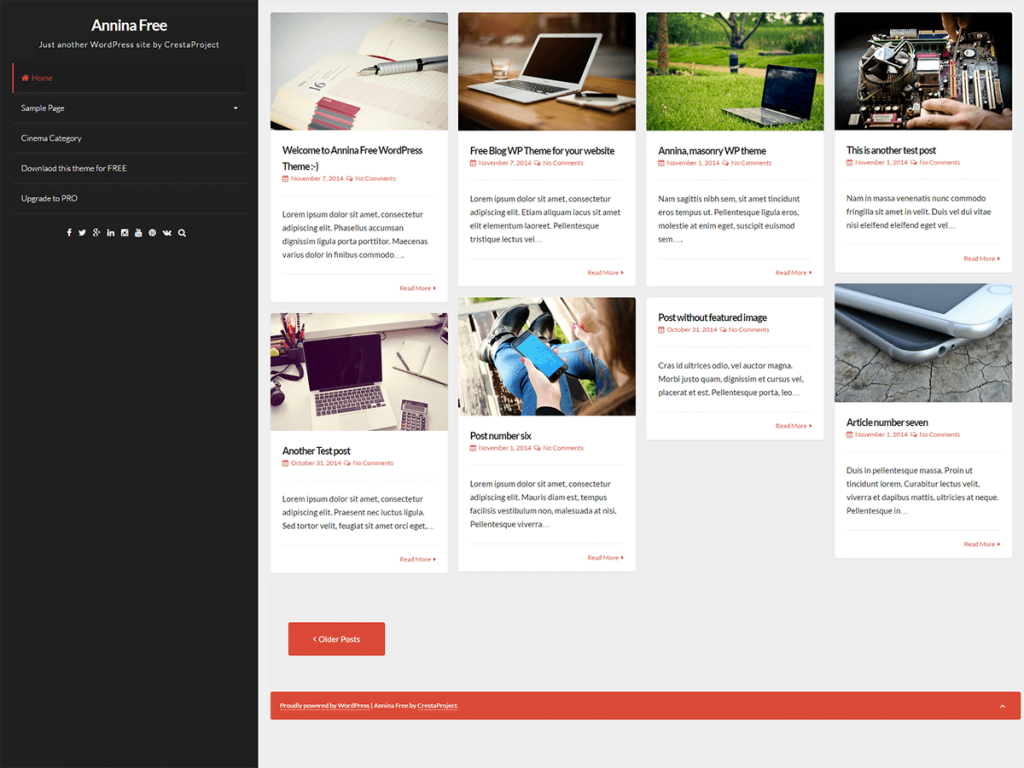The news: The United Nations is endorsing a computer simulation tool that it believes will help governments tackle the world’s biggest problems, from gender inequality to climate change.
Global challenges: In 2015, UN member states signed up for a set of 17 sustainable-development goals that are due to be reached by 2030. They include things like “zero poverty,” “no hunger,” and “affordable and clean energy.” Ambitious is an understatement.
How could the tool help? Called Policy Priority Inference (PPI), the software uses agent-based modeling to predict what would happen if policymakers spent money on one project rather than another.
This makes it easier for governments to choose which policies to prioritize, according to the UN and the Alan Turing Institute in London, which is also supporting the project. The tool is being tested by authorities in Mexico and Uruguay, with Colombia next in line. The UK’s Department for International Development is interested too.
How does it work? PPI draws on economics, behavioral science, and network theory to simulate a “government,” which allocates a pot of money, and “bureaucrats,” who spend what they are given on different projects. The model, which was built by economists in London and Mexico, takes in a range of data, such as government budgets, the impact spending has had on particular policies in the past, the effectiveness of a country’s legal system, estimated losses due to known inefficiencies, and so on. It then suggests which policies are worth investing in most.
The idea is that the tool will help policymakers anticipate the ripple effects of their decision-making. For example, investing in education may alleviate gender inequality, but investing in GDP growth may not be good for reducing greenhouse-gas emissions.
Will it make a difference? PPI should be a step up in terms of analyzing the potential effects of different policy choices. But it’s got limitations. Models are only as good as the data put into them, for example, and some governments will be more willing than others to provide it. Simulations also work with a massively simplified version of reality, which affects accuracy. But with a decade to go and huge gaps in progress on most of the UN’s goals, the agency—and the world—can use all the help it can get.

